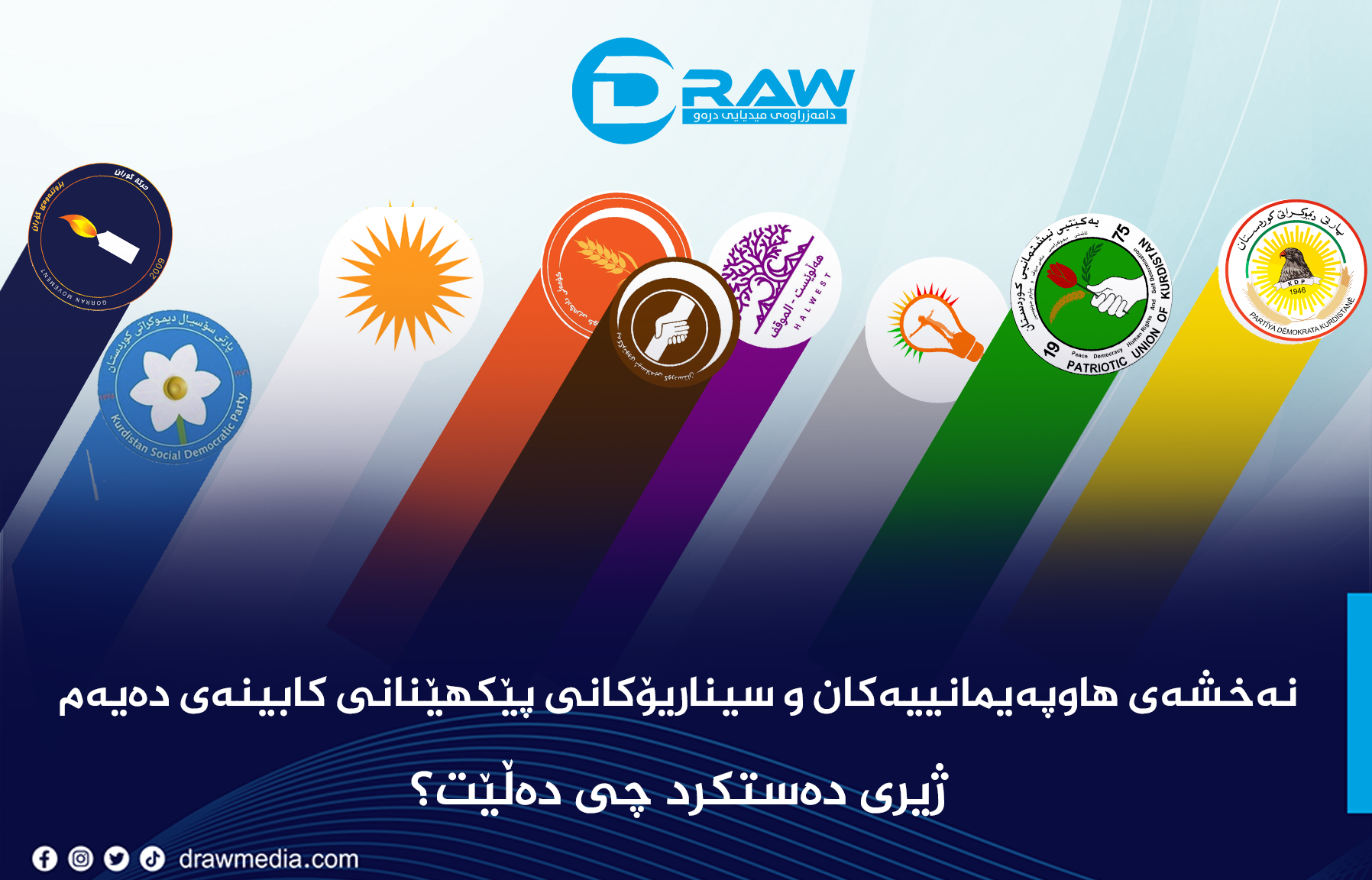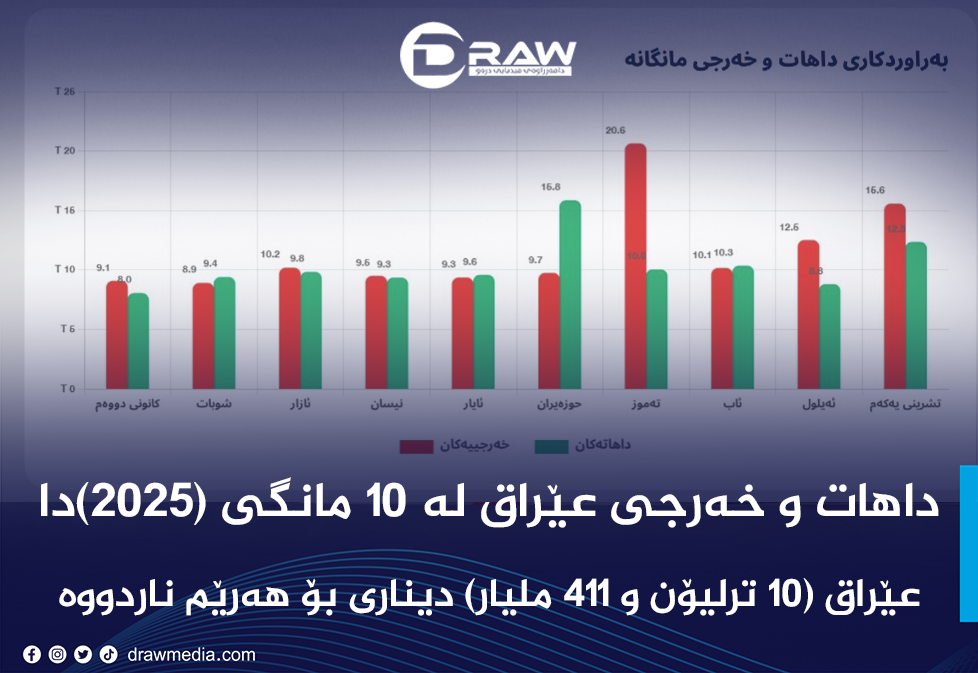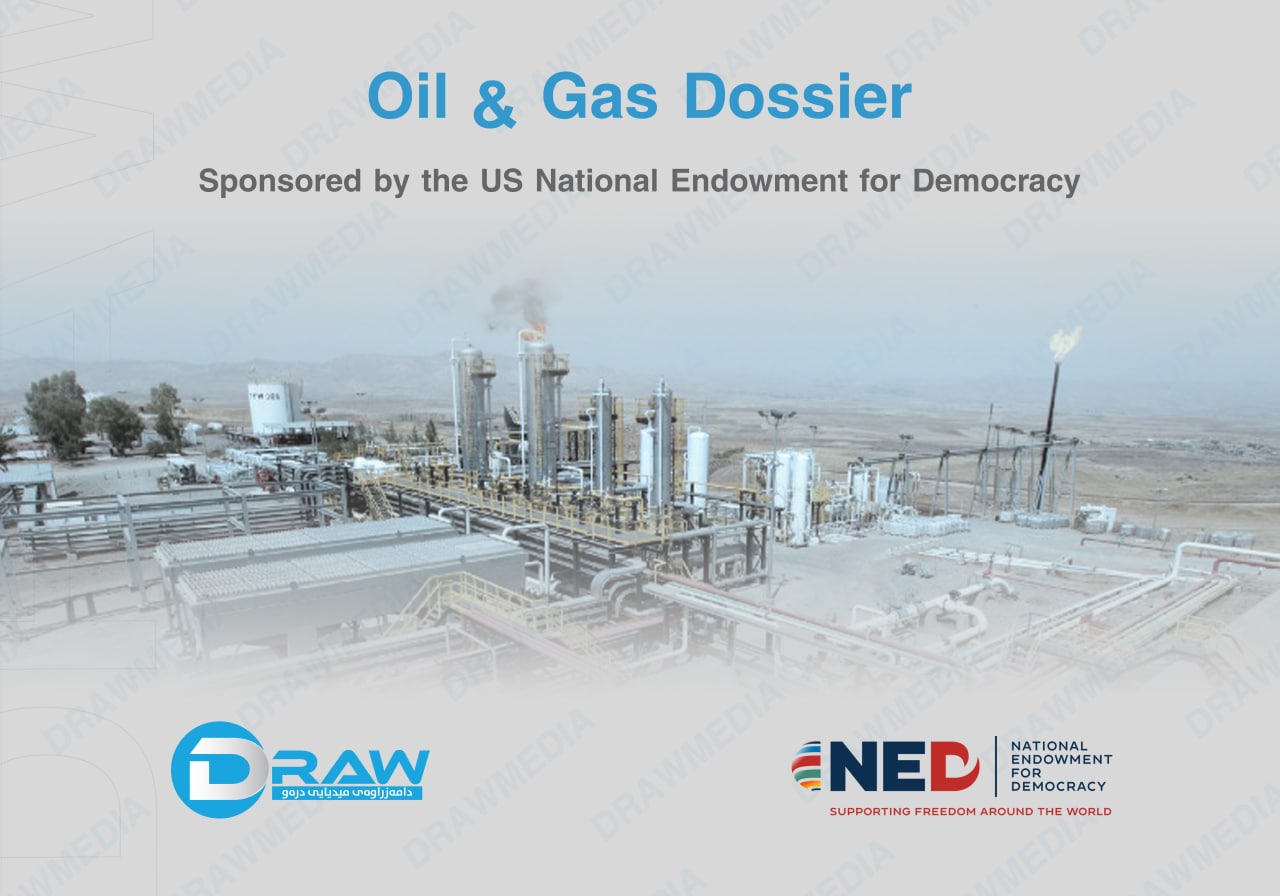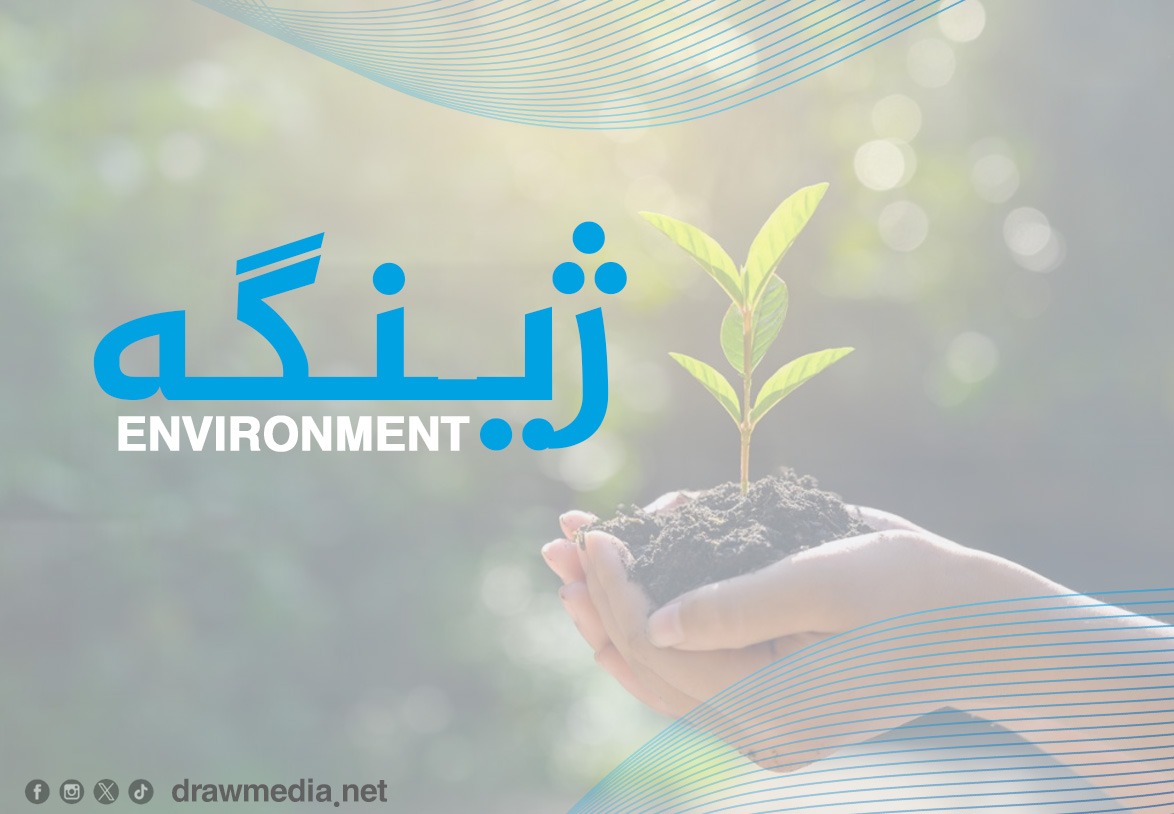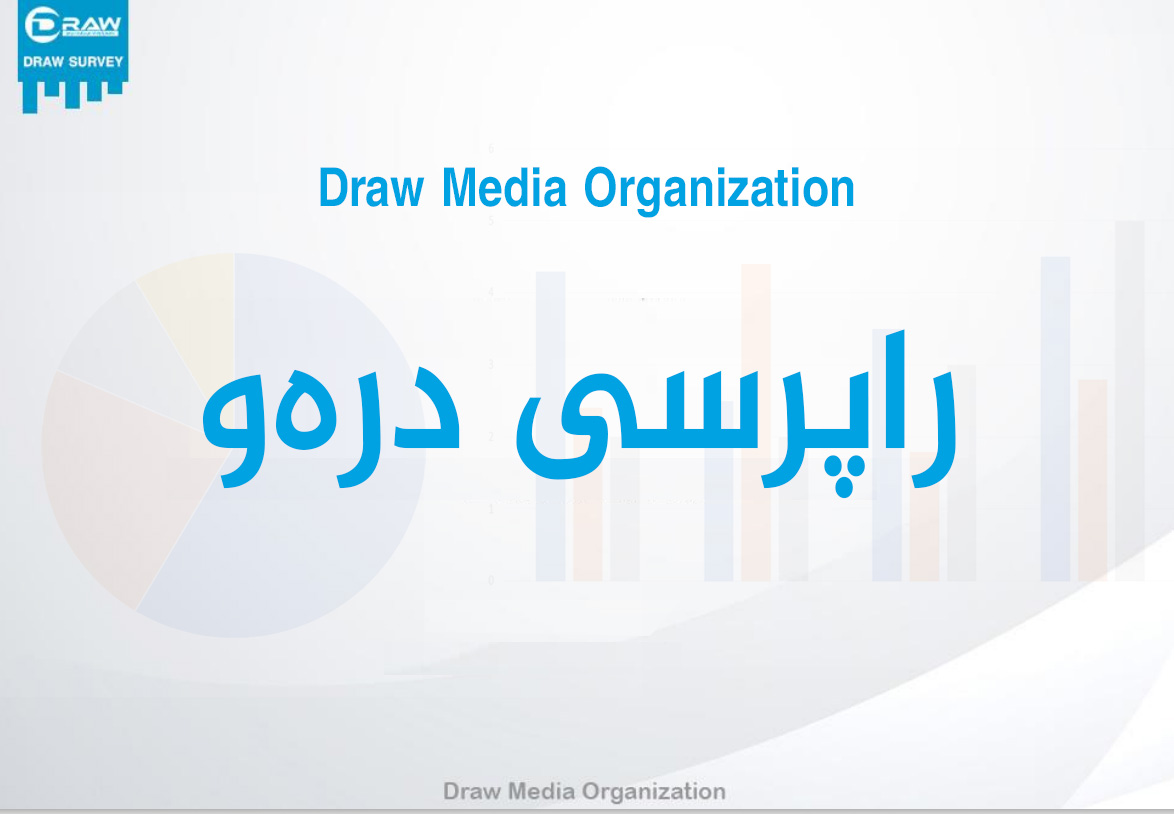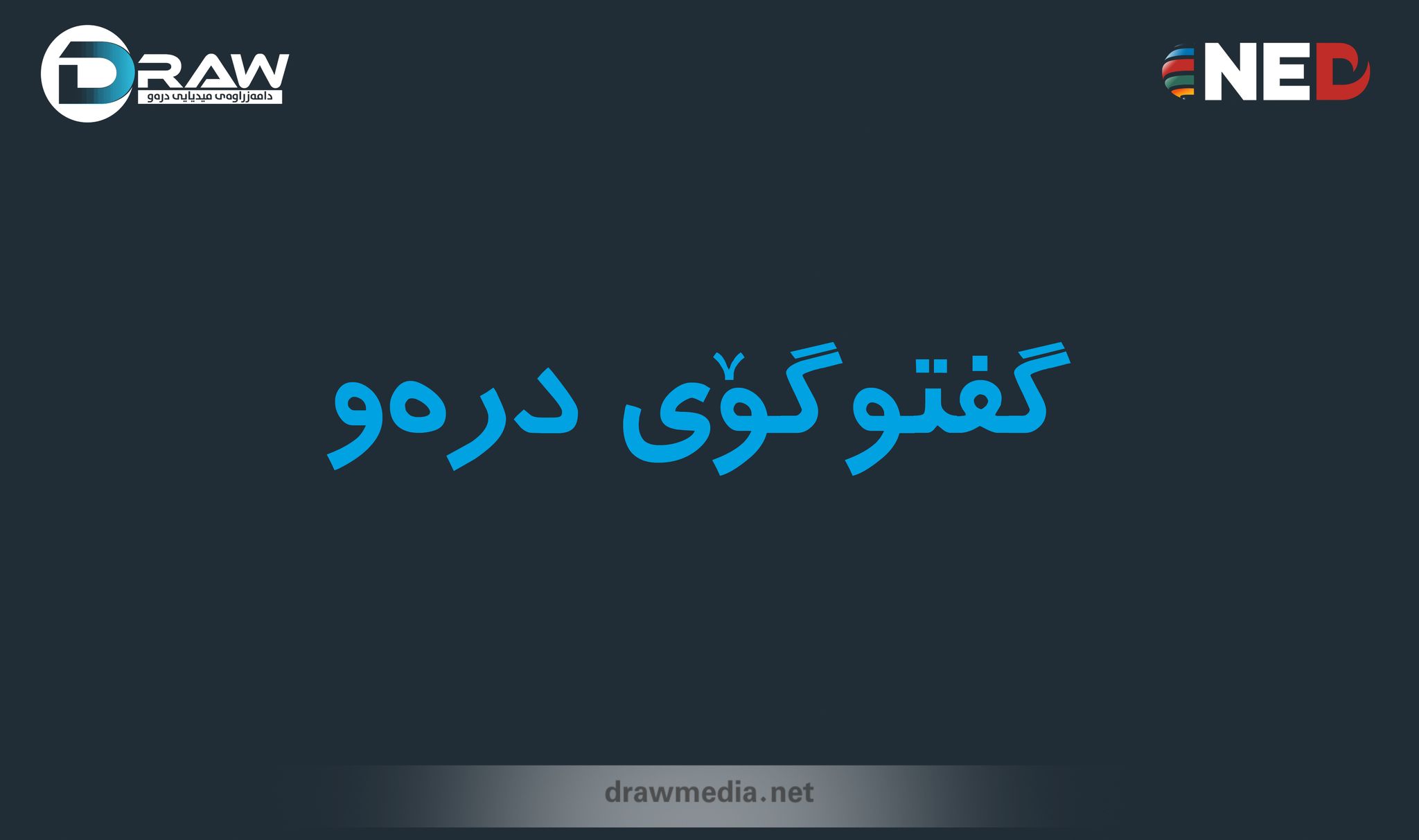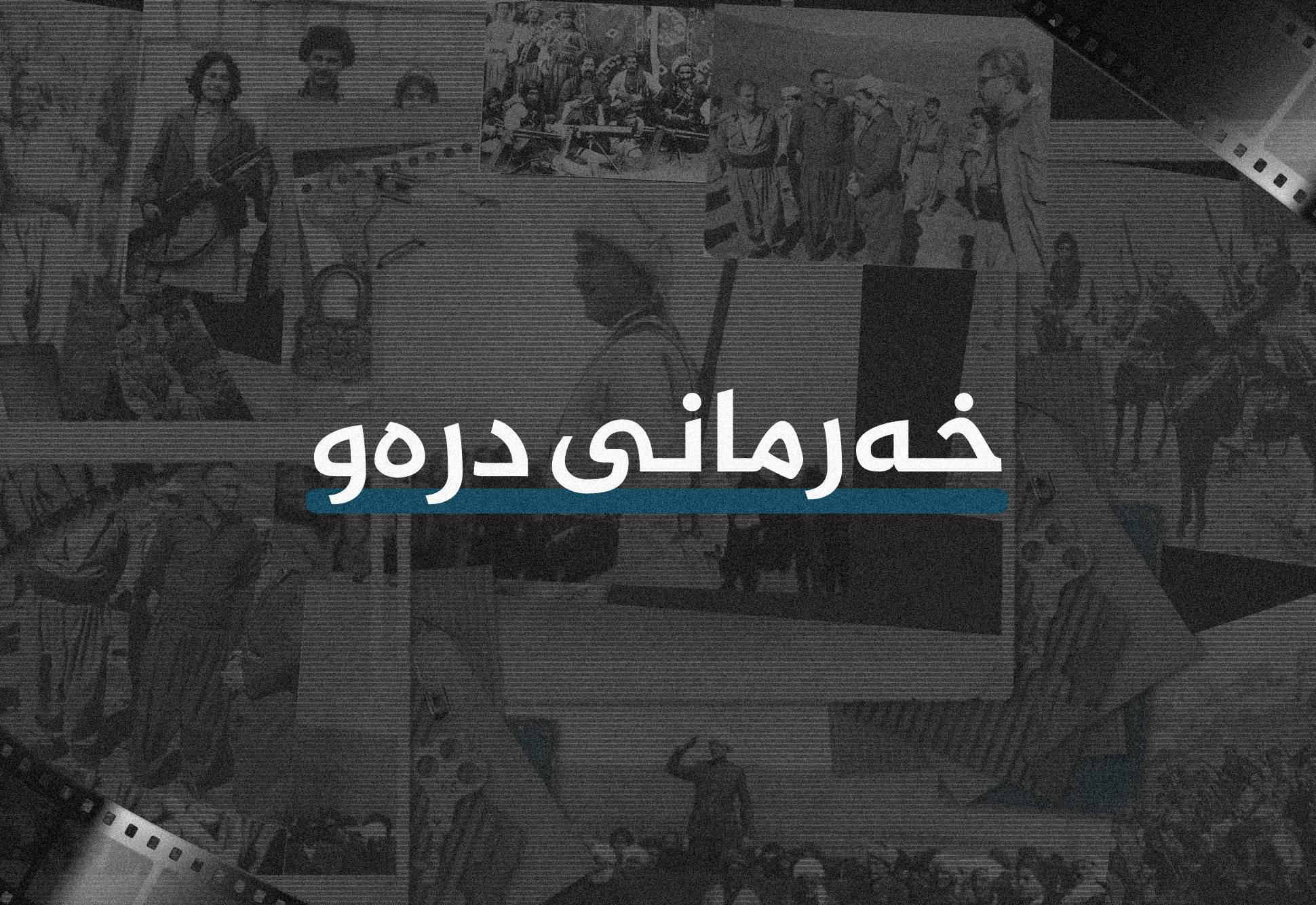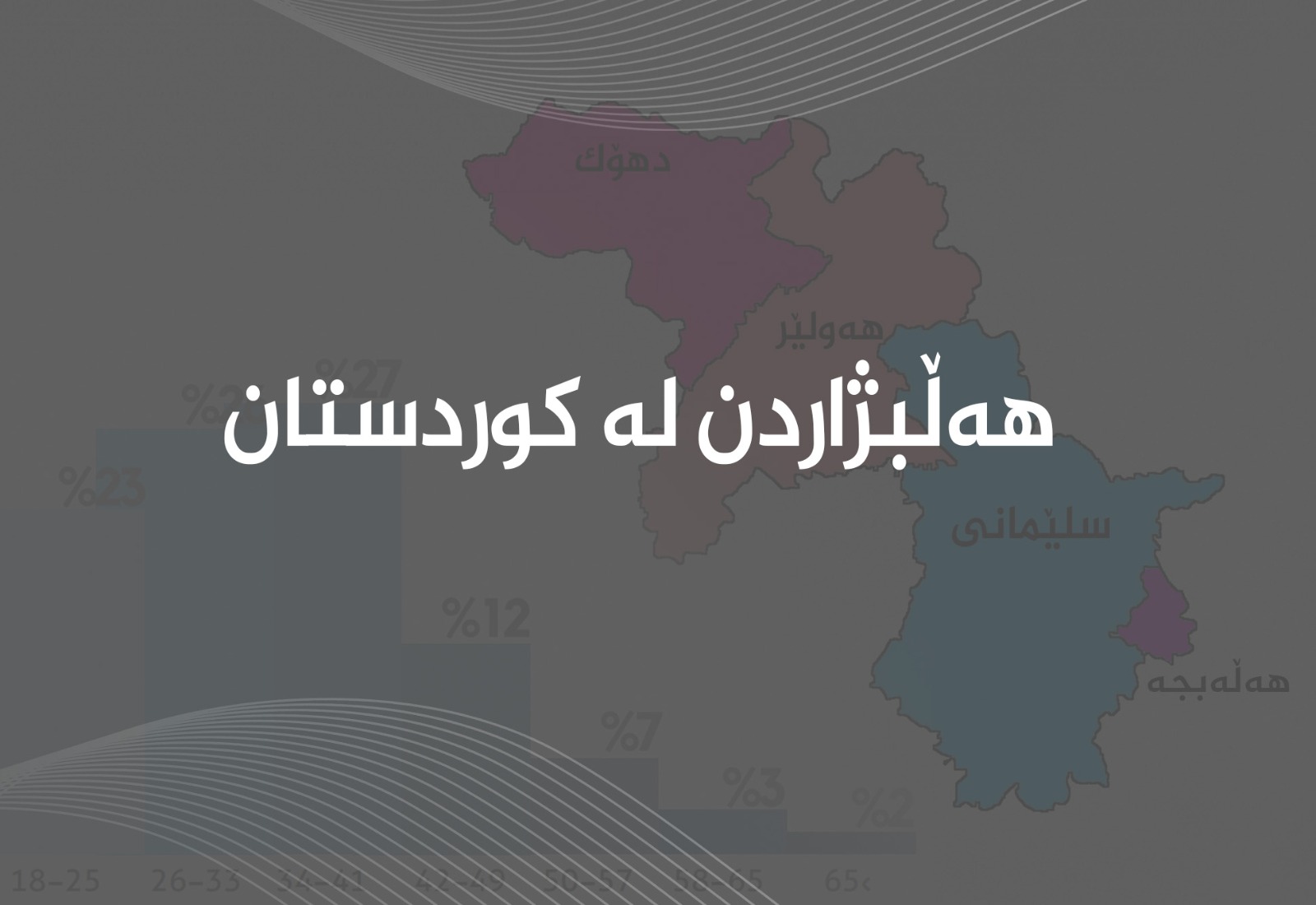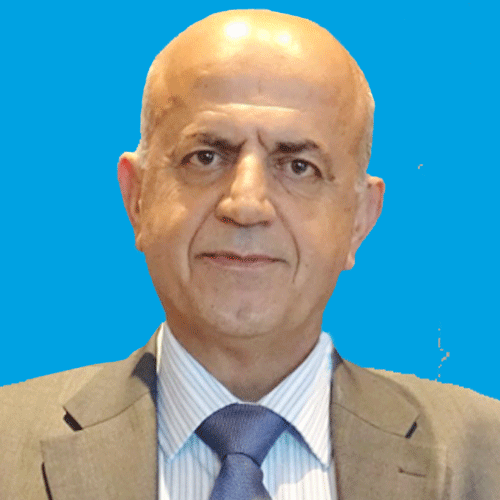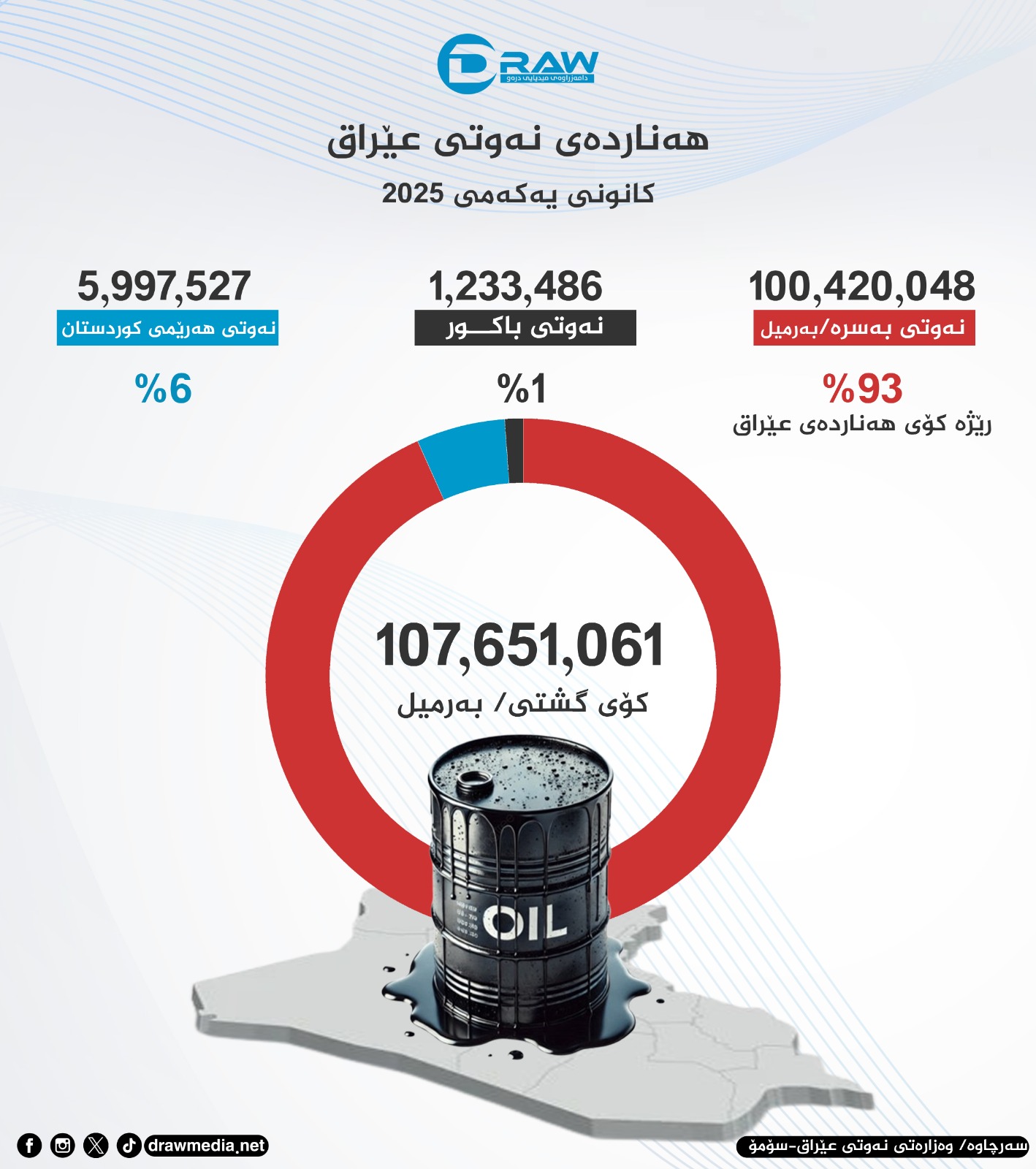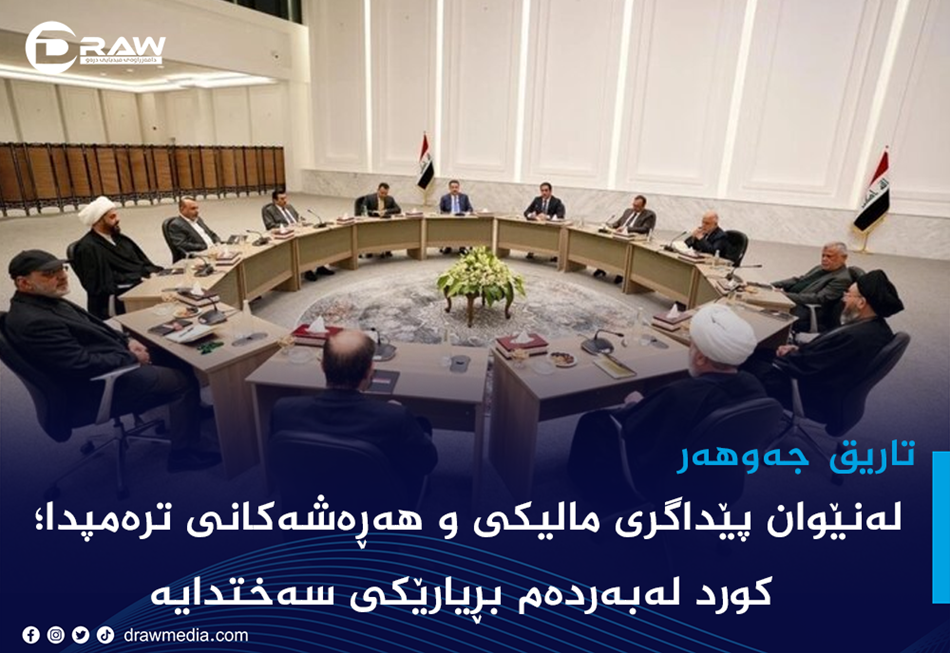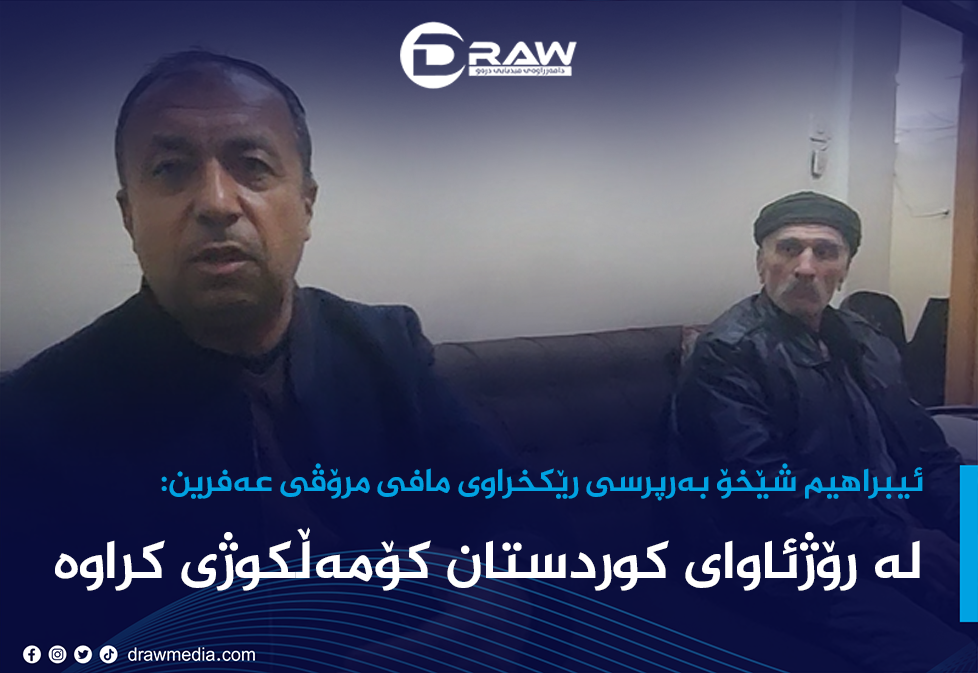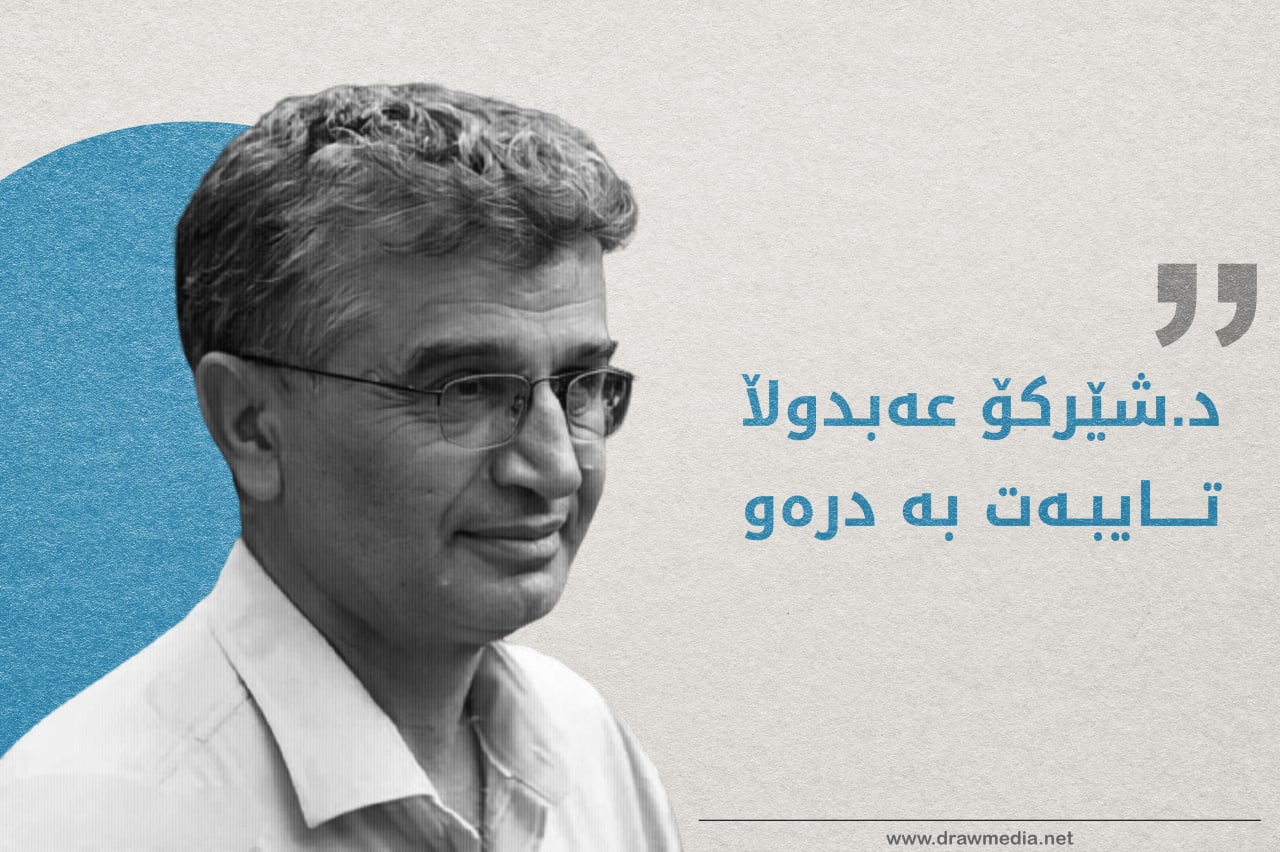P.U. K uses gas as a pressure card against K.D.P
(1).jpg)
2021-04-29 19:49:42
A report by :Fazil Hama Raffat and Muhammed Rauf.
The Patriotic Union of Kurdistan (PUK) is putting and testing a new pressure upon the Kurdistan Democratic Party (KDP). PUK wants to fight against the “PDK oil” with natural gas and start a strong economic and political relationship with Baghdad. Now, part of the natural gas in PUK areas reaches Afghanistan from Chamchamal every day. More details in this report by “Draw”
Does PUK make a decision?
This month, the Political Bureau of the Patriotic Union of Kurdistan will meet to discuss the latest PUK’s stance on its relations with the KDP.
PUK asks for the implementation of administrative and financial decentralization for Sulaymaniyah Province, This project has not yet taken significant steps after a few months. PUK has given the KDP and the Prime Minister, Masrour Barzani ,the last permission to make their decision. If the project doesn’t start soon, it is said that PUK will make its final decision.
PUK’s decision!
PUK movements have recently increased in Iraq, Lahur Sheikh Jangi, PUK co-leader, has been in Baghdad several times and meets Mustafa Kazmi, the prime minister and other Iraqi officials.
PUK wants to achieve a kind of decentralization to the territories which are under its rule through the Iraqi government. For this, PUK has brought up the gas file.
There are three gas-rich areas In Iraq, the PUK-controlled area is one of the richest areas. PUK wants to use this gas to strengthen its economic and political position against the KDP-controlled areas, which is the leading oil producer in the region.
According to “Draw” report, there is an idea in the PUK that has not yet been fully outlined. The idea is to build a company called the Sulaimaniyah Gas Company. It will be joint between Sulaimaniyah province and the Iraqi oil ministry and it controls all the oil and gas fields in the PUK-controlled areas (Taq Taq, Kor Mor, Hasira,and Chia Surkh), including the fields in Kirkuk and Khanaqin borders.
"The PUK border gas can fill Iraq's internal needs and make Iraq no longer need to buy gas from Iran to operate power stations," said energy experts at the PUK. The Americans support this step and the United States has received guarantee from U.S. energy officials on this, but such a step may make Iranians worried and angry, especially when Kurdistan’s gas will be an alternative to Iran's gas in Iraq.
In addition, 45,000 barrels of oil are produced daily in the PUK-controlled area, and the PUK wants to increase its oil investment level to 72,000 barrels per day through the agreement with Baghdad.
PUK wants to do all this on the condition that Baghdad separately provide salaries separately for employees in the Sulaimaniyah border and deal directly with Sulaimaniyah province, not through the Kurdistan Regional Government and the KDP. This could be the reason that Masrour Barzani, the head of the regional government, recently said in front of the Kurdistan Parliament that some cases cannot be touched, as they may lead to the outbreak of civil war.
To hand over gas and oil to Iraq, the PUK has resorted to Article 112 of the Iraqi constitution, which says oil and gas are run jointly between the federal government, the region and the provinces.
In the PUK-controlled area in Garmian, there are two fields, Kurdamir and Topkhana, which are now escalated into conflict between the KRG and a company in the area of Sulaimaniyah (Petrolium Dynasti), the company is very close to the PUK. The Sulaimaniyah company in London Court has filed a lawsuit against Ashti Hawrami and wants to get a contract to invest in the fields, and in February this year, the Court will make its final decision, and if the Kurdistan Regional Government loses this case to the Dynasty Company, it will cause greater economic and political damage to the energy sector. The two fields, apart from oil, also has natural gas, but it has not been produced yet. Those who work for the PUK, dream of having the Turkish companies to invest gas in Garmian's fields and export it to Turkey after developing the fields and increasing the level of investment.
It is unclear whether the Iraqi government will eventually reach such an agreement with the PUK. According to information achieved by “Draw” from some PUK officials that Mustafa Kazmi, the Prime Minister of Iraq, is in favour of this scheme, but the problem is that it is unclear whether Kazmi will stay as the Prime Minister or not, especially when Iraq is in front of a pre-election.
Gas in Kurdistan Region
According to the official website of the Ministry of Natural Resources, the Kurdistan Region has 200 trillion cubic feet (5.7 trillion cubic meters) of natural gas reserves, which is 3% of the world's gas reserves.
But this is the reserve that has not been proven, as the region's proven natural gas reserves, according to U.S. energy reports are only 25 trillion cubic feet.
The Oil Price magazine which is a specific publication about energy, reported that last year only 10 trillion cubic feet were found and worked on, which is now produced in the PUK border in Kor Mor.
The natural gas of Kor Mor field in Chamchamal, is produced by the United Arab Emirates — Dana Gas Company. The company now produces 430 million cubic feet, which was 850 tonnes over the past three years, showing that the UAE company has increased its investment level.
The Kurdistan Region's natural gas reserves are mostly in the PUK-controlled area. Generally and geographically gas can be found in the following areas:
PUK-controlled area reserve:
• Kor Mor Field: 8 trillion and 200 billion cubic feet
Chamchamal Field: 4 trillion and 400 billion cubic feet
Miran Field: 3 trillion and 46 billion cubic feet
KDP-controlled area reserve:
• Bina Bawi field: 7 trillion and 100 billion cubic feet
• Khurmala: 2 trillion and 260 billion cubic meters
• Palkanafield: one trillion and 600 billion cubic feet
• Shekhan Field: 900 billion cubic feet
• Pirmam Field: 880 billion cubic feet
The Kurdistan Region's gas is transferred to Afghanistan
Generally, kurdistan region's natural gas is still used for local needs, meaning it is used for fuel power stations and provide household gas.
What is known so far is that the Kurdistan Region's gas is not transferred to another country, but according to the information “Draw” has gained from several sources at the Bashmakh border, the company that buys the gas of the Kor Mor Field, is illegally exporting 7 to 10 tanks of Liquefied petroleum gas (LPG) daily and the gas is taken to Afghanistan
In the past few days, the Washington Institute has published a report on the Kurdistan Region's gas content. The report was about the discussion between the American and Kurdish officials on the future of gas in the region.
One of the people who spoke in the meeting was Matthew Zais. He is the principal deputy assistant secretary for the Energy Department's Office of International Affairs. Matthew says: Kurdistan Region can increase the annual level of natural gas investment to 40 billion cubic meters by 2035, compared to the current level of gas investment in the region which is 5 billion cubic meters annually.
Matthew Zais has explained that co-operation in gas and electricity production may lead them to have better relationships. Kurdistan Region's capacity in the field of energy will reduce the complexity between the region and Baghdad over the annual budget. It will also improve the circumstances in the region by giving guarantees to the worldwide oil companies in the field of oil.
Matthew Zais, in another part of his speech, points out that the Kurdistan Region's power grid (electricity) is essentially generated by gas and it is exported to Iraq. Exporting electric power form Kurdistan Region to Iraq is more reasonable than the other suggestion which have been proposed to solve Iraq's electric power problems, including the suggestion to link Iraq's electric power to the power grid of the Gulf Cooperation Council (GCC) or Jordan.
The US official expects that, like the region's oil exports to Turkey, the region's gas pipeline to Turkey will eventually be built, but he points out that Iran is constantly trying to restrict energy development in Iraq through its hegemony. Because according to him, Iran does not want Iraq to depend on its energy and electricity abilities. In addition, Iran is using its energy in Iraq for political purposes, so Iraqi officials must find a way to get rid of this challenge.
The U.S. Consul General in Erbil, Rob Waller, said in the meeting that under the supervision of the U.S. Ministry of Energy, a recent study has been conducted on the fields in which the Kurdistan Regional Government can reform them in a way that can be rehabilitated and get benefit from them economically. One of the fields which was described in the research is the cooperation between Kurdistan Regional Government and the Iraqi Government in electricity sector which should be renewed with the development of gas sector. Changing the power stations that use diesel to natural gas leads to less cost and more production.
The American council states that the cooperation between KDP and PUK is an important priority in the public policy of the United States to develop gas sector in the region. He said in spite of having the tensions in the region, recent protests have prompted both parties to admit that their cooperation will revitalize the region, Rob Waller said.
Bahroz Aziz is a senior advisor to the Kurdistan Regional Government's Minister of Natural resources, attended the Washington Institute meeting and has mentioned the obstacles in front of the Kurdistan Region's gas field to develop.
Aziz also said that developing Kurdistan Region's gas sector will result in the end of using generators to provide household electricity. The generators use diesel which pollute the environment and would be harmful for public health, and the development of this sector will provide job opportunities for the residents of the region.
The presence of large amounts of Sulfur in the Kurdistan Region's natural gas is one of the obstacles to the development of the Kurdistan Region's gas field, said Bahroz Aziz. He also said having a lot of sulfur in the gas has paralyzed investment in the region's gas, this is alongside some other reasons such as the danger of ISIS and the spread of The Coruna virus.
despite this situation, the senior advisor to the Kurdistan Regional Government's minister of natural resources is optimistic about the future of gas in the region, saying: "The region did not have the expertise and money to develop its oil sector at first, but it was able to attract international companies and achieved both. The Ministry of Natural Resources needed experience and leadership to implement the same tools in the development of gas resources.







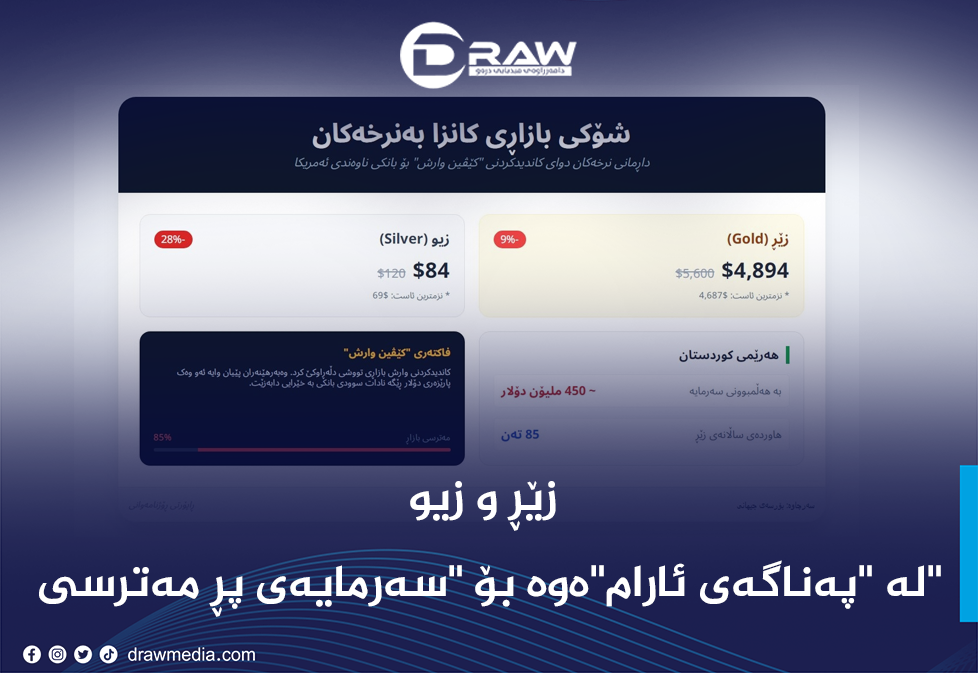
.png)

.png)
